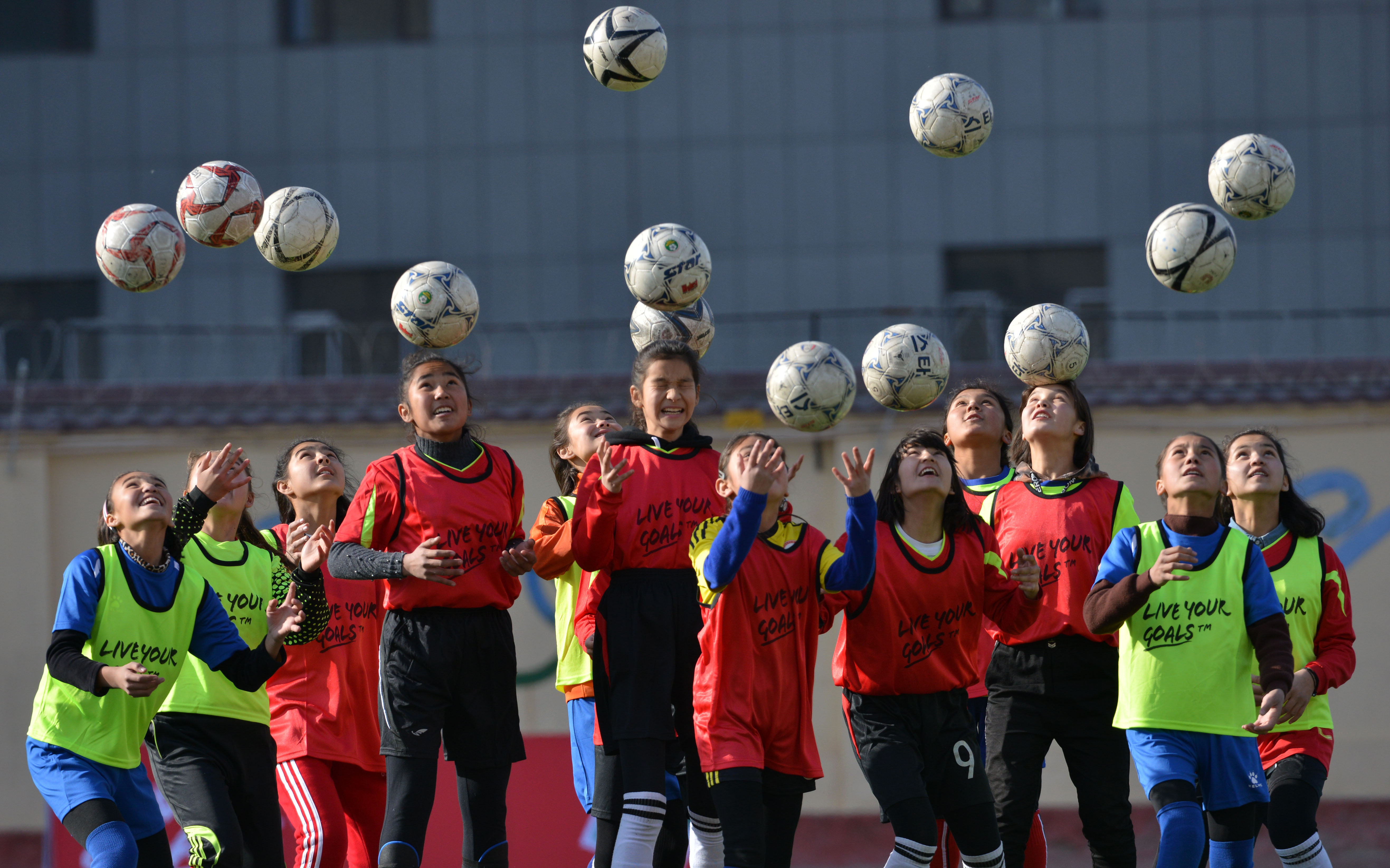
Politics & Society
What’s it like to be young and from overseas in Australia?

Researching racism in media and sport has taken Professor Karen Farquharson from post-Apartheid South Africa to youth sport clubs in Melbourne’s suburbs
Published 29 June 2018
I’m a sociologist who analyses race, ethnicity and racism in the contexts of media and sport. My main focus is diversity and social inclusion – how people belong in diverse societies, how they are excluded, and how we respond to racism.
When I was a PhD student at Harvard in the 1990s, I was awarded a Fulbright scholarship to go to South Africa to do PhD fieldwork on violence. And when I arrived I realised that, as an outsider, I really couldn’t come in safely to study violence in Cape Town. That was 1995, right after the end of Apartheid.

South African society was trying to transform from a society based and organised around ideologies of racism to a society organised around an ideology of non-racialism. Given the profound and contested transformations that were occurring, I changed my research direction to focus on processes of societal transformation in post-Apartheid South Africa, engaging in part with the question of merit and how that was being discussed in the media.

Politics & Society
What’s it like to be young and from overseas in Australia?
In many ways the ‘merit’ argument is about maintaining the status quo. In post-Apartheid South Africa, there were two competing discourses in the media shaping the way major institutions were managing racism and race.
One was a discourse of Africanisation, which said, “we’re in Africa, we need to Africanise.” And the competing discourse would say “no, we need to choose the best person based on merit”, where merit was understood as being value free. And the Africanisation discourse would say “Well, merit is racialised and is the outcome of unequal power relations in society.”
So if you say ‘merit’, and remove it from its social context, you’re looking at particular advantaged social groups; not African people who had been systematically disadvantaged by Apartheid.
This idea of a tension between merit and diversity comes up again and again. As if the idea of a diverse workforce is counter to the idea of a meritorious workforce. And there’s always a counter discourse which is trying to maintain the status quo, which privileges certain people.
In many ways Australia, in terms of its race relations, has elements of best and worse practice. For the students I’ve taught, feeling that Australia is a diverse place is a core cultural value – multiculturalism as a source of social cohesion is important, and people feel quite strongly about Australia as a multicultural and racially diverse society.
It’s made it harder for populist politics, which is a form of racist politics, to take root because it’s a place that really prides itself on its diversity. It’s something to be proud of.

At the same time, we need to recognise the ongoing challenges around race relations in Australia, particularly in the context of Indigenous peoples, and also more recently in thinking, for example, about the experiences of African migrants in Australia. Recent discussions in Victoria about a treaty are an important step.

Politics & Society
Footy, history and a changing Australia
Australians love sport and it is a microcosm of society in many ways. It really does highlight questions around belonging and inclusion. I did a paper a couple of years ago with a colleague at Swinburne about how migrants integrate into the workplace.
One of the themes that came out was that non-white migrants in the workplace have to get a sports team. One of the first questions you’re asked in Melbourne is “who do you barrack for?”. It’s a very Melbourne thing – it has to be football. It’s not just any kind of sport. It’s such an important cultural touchpoint.
In one project we did, we looked at a cricket club across the road from a public park. And in the park there were South Asian kids playing cricket – but not coming into the club, over the road. And the attitude of the people in the club was “well, they know where we are”. But if they ever need more members they’ll need to consider why those people aren’t coming in.
Inclusion will not come about through simply waiting and expecting people to come through the door. It requires being proactive and promoting engagement, and recognising that existing power relations may prevent people from participating or even considering the possibility of participating.

Sociology provides really interesting insights into how society works. One of its most critical questions relates to the tension between structure and agency, between our individual capacity to make choices about our lives and the things that constrain that.
So race is a structure, education is a structure, family background is a structure. And all these things constrain our choices in life. For me it’s a helpful way of explaining why things are the way they are – why entrenched interests manage to maintain their dominance.
It helps to explain inequality and its persistence and also provides the tools for working towards a fairer and more just society. The research is really robust to support that perspective; we shouldn’t blame individuals for not succeeding, it’s not really about them.
We need to look at the structures of society and how they influence people, whether that be a constitution that formally excludes people as members of society or a sport club that isn’t actively promoting engagement and inclusion.
– As told to Catriona May
Banner: Getty Images